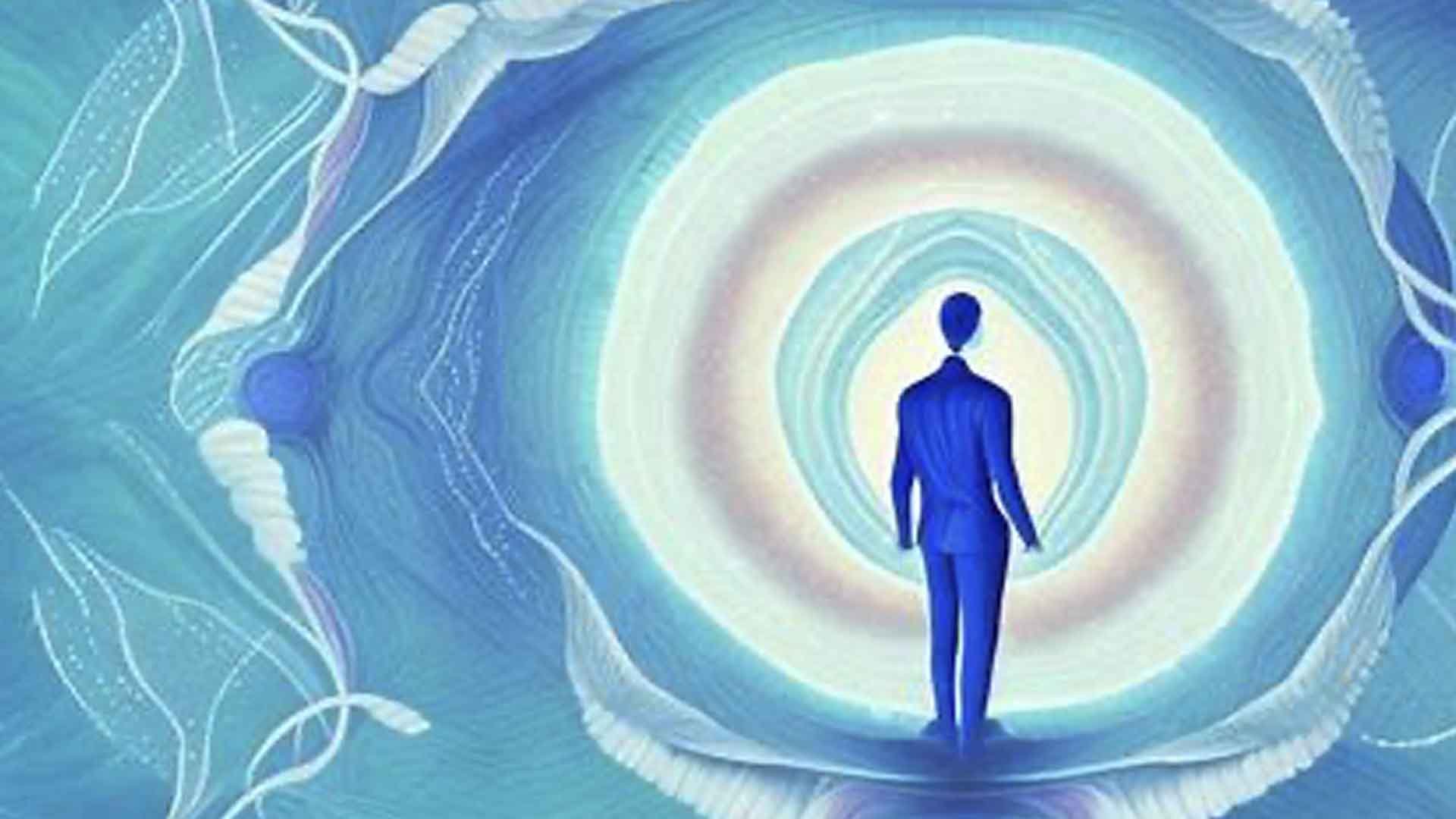From Military Medicine to Healing Presence
This paper examines the historical development of the military model of medicine and its influence on contemporary healthcare systems, while proposing an alternative healing paradigm for the 21st century. Through analysis of seminal works by Gabriel and Metz, McCallum, Van Way III, and Wintermute, the paper traces how military organizational structures, protocols, and priorities have shaped modern medical practice since the late 19th century. While acknowledging the substantial contributions of military medicine to trauma care, infectious disease management, and technological innovation, the study identifies critical limitations of this model, including hierarchical power structures, mechanistic approaches to the body, standardization over personalization, focus on acute intervention, and profit-driven economics. Drawing on the work of Ungar-Sargon, the paper proposes a new healing paradigm centered on deep listening, convalescence, integration of music and spirituality, economic restructuring of healthcare, and understanding the patient as a person in process. The study concludes by outlining practical strategies for implementing this paradigm through reforms in medical education, clinical environments, healthcare policy, and appropriate use of technology. This interdisciplinary analysis contributes to ongoing discussions about humanizing healthcare and creating more effective healing systems that honor both scientific advancement and fundamental human needs.



















